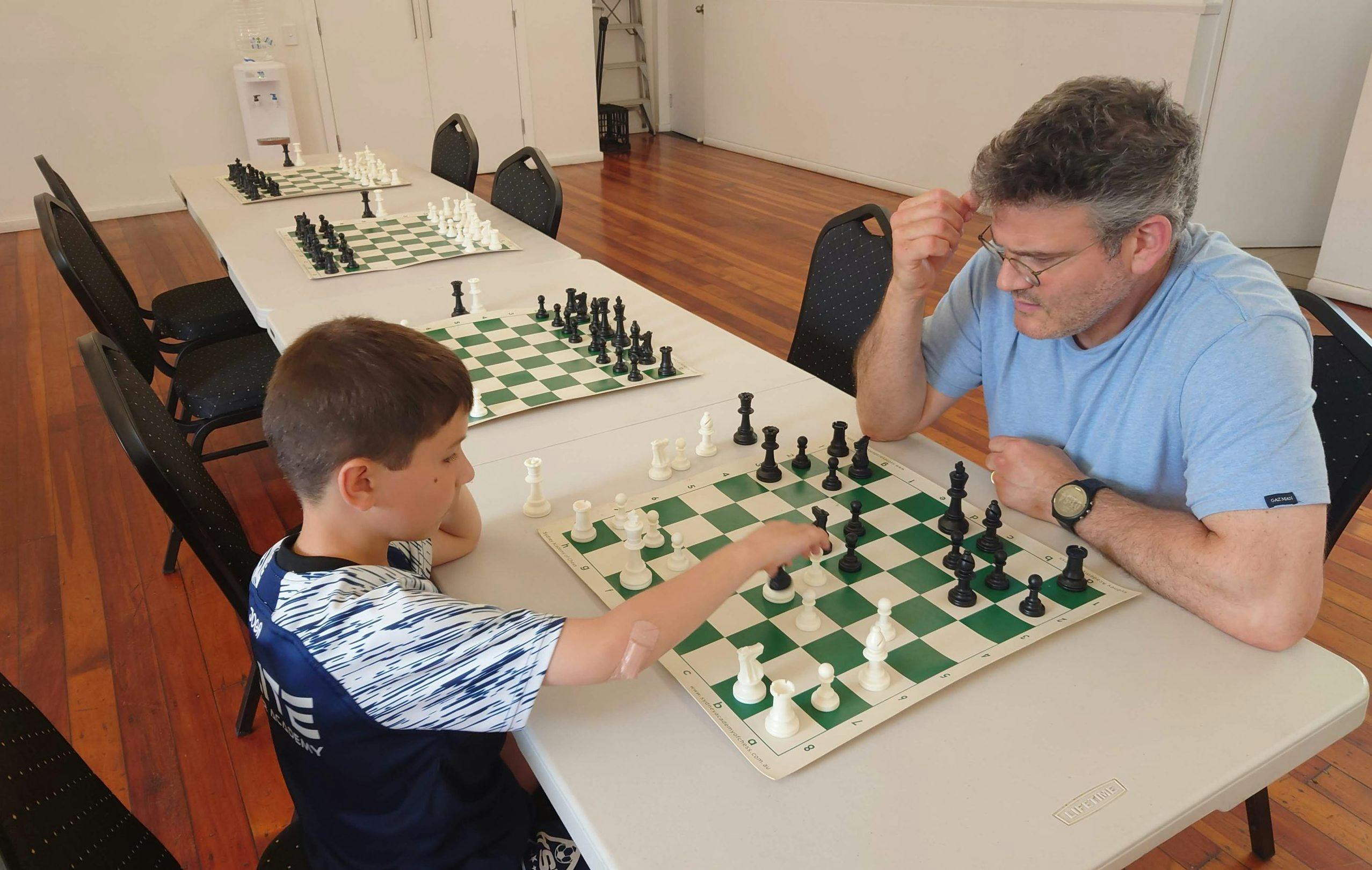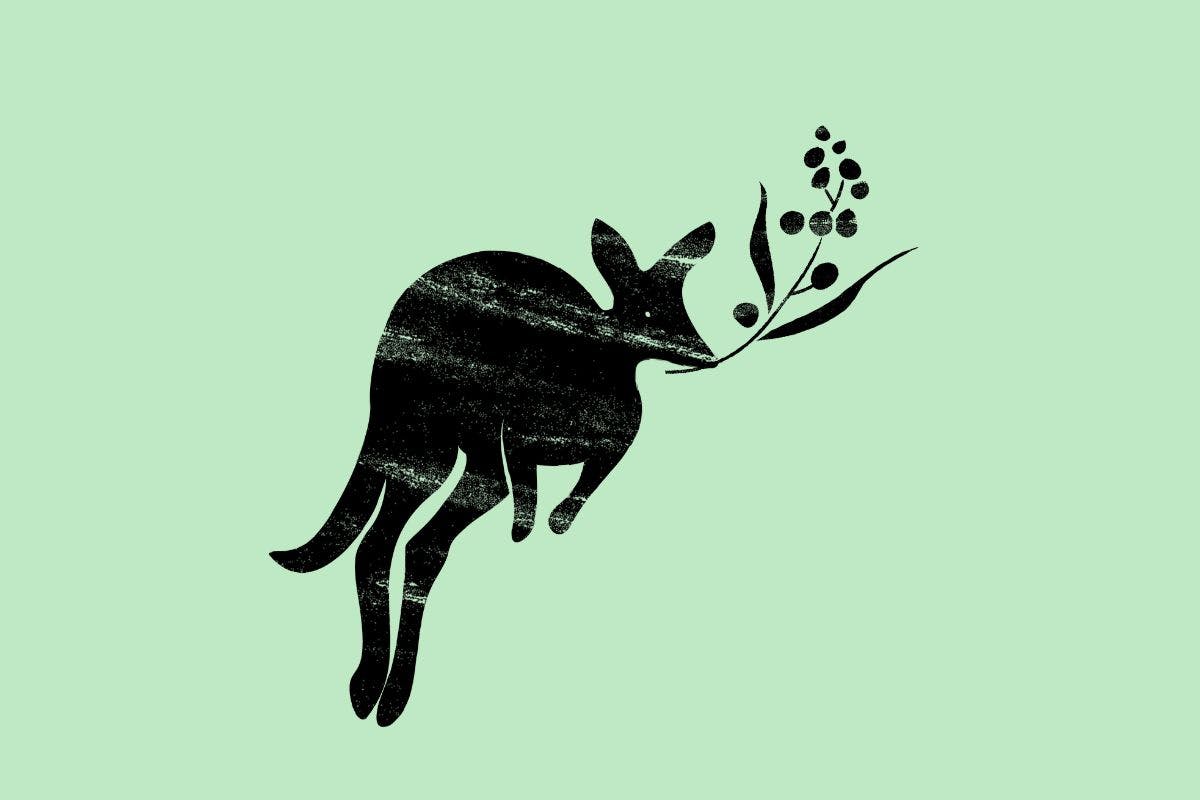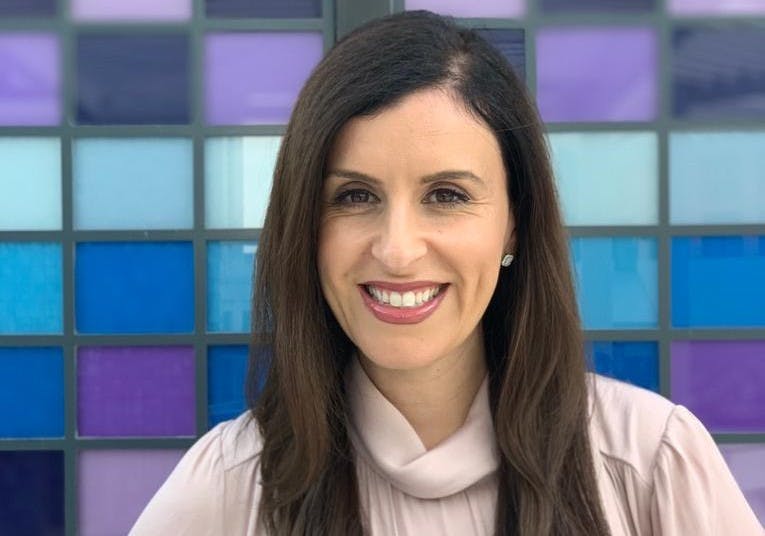Published: 11 March 2024
Last updated: 21 March 2024
How do you reconcile absolute and non-absolute human rights? VIC ALHADEFF asks former Human Rights Commissioner ED SANTOW.
The youngest son of a giant of the law – NSW Supreme Court Justice Kim Santow and social worker Lee - Ed Santow blended key aspects of both parents’ careers. “A judge who is 6ft 4 is pretty imposing, but Dad didn’t wear his height in an overbearing way,” he points out laconically.
“The distance between law and social work isn’t that far. As a lawyer, a client often comes to you at a time of crisis. If you respond in a legalistic way, answering the legal question only, perhaps you’ve fulfilled your narrow duty as a lawyer, but most clients bring a tangle of concerns.
“Disentangling that knot and getting to the heart of the issue is essential. A social worker, on the other hand, zooms out to look at the bigger situation. We need to integrate both worlds. That message was one that Dad applied, and it stuck with me.”
Armed with a Master of Laws from Cambridge University, Santow served as Australia's Human Rights Commissioner from 2016-21, leading its work on freedom of expression, national security, counterterrorism, torture, artificial intelligence (AI), refugees and the LGBTQI+ sector.
Emphasising that human rights are designed to compete with each other, he notes that “the right to free speech and the right to privacy pull in different directions. The question is how to reconcile those rights. You can’t allow one to swamp the other.”
“There are two categories of human rights,” he says – “absolute and non-absolute. Freedom from torture, for example, is an absolute; there is no situation where it’s acceptable under international human rights law.
the right to free speech and the right to privacy pull in different directions. You can’t allow one to swamp the other.
“But most rights are non-absolute, and both of these categories were an intended part of the architecture of human rights law in the aftermath of the Holocaust. They were designed to conflict. International law offers a mechanism for holding conflicting rights in tension so that we give voice to multiple rights at the same time.”
A key factor here is proportionality, he stresses. “It’s a principle that was developed in Prussian law in the 19th century, the idea being to find a legal way to compare apples and oranges. It means hate-speech law should be only as restrictive as absolutely necessary to combat antisemitism.” (Mr Santow told Plus61J he did not want to discuss these rights in relation to public debate in Australia since the events of October 7.)
An allegory told in legal circles posits that as most violent crime is committed by men aged between 18 and 60, the offence would be significantly reduced if all men in that age group were locked up – “clearly, a disproportionate way of ensuring community safety”.
We also need to acknowledge that “while you can’t pretend you’re a robot, it’s important to be guided by professional responsibilities. As Human Rights Commissioner, my legal duty was to be impartial in applying human rights law. This meant I sometimes arrived at a result which I would not have reached if I was guided simply by personal beliefs.
“My dad and I didn’t talk much about law, but one of our conversations has stayed with me. I asked what makes a good judge; his response was someone who can suppress their prejudices. It acknowledges that we all have baggage which informs our perspective. I would ask myself if I’d reached a view because I was trying to help people who were like me, or – what was always a risk – was I over-compensating, had I gone too far the other way?”
I sometimes felt panic that we hadn’t done a good enough job imagining what it felt like for those affected.
Endeavouring to apply thousands of pages of human rights law to real life, Santow says “in exercising the right to free speech, you need to consider the impact on those most affected by that speech. I’d hear things which were hurtful to a particular minority, but the impact isn’t appreciated if you don’t get into the shoes of the person being targeted.
“While it was wonderful to write policy or discuss legislation, the higher up the chain you go, the more removed you are from the people experiencing the pain. I sometimes felt panic that we hadn’t done a good enough job imagining what it felt like for those affected.
“An example was the debate on Section 18c of the Racial Discrimination Act [about race hate]. Too often the debate was clouded by abstract discussion about the need for free speech without enough thought for the pain people endure if they are the victims of racially motivated hate speech. The risk is that you focus on principles and they become untethered from their impact.
“There is a distance between the principle and the practical; I’m more interested in the practical. What my dad did well was hold both notions in tension; the law matters, but you also have to think about what it means on the ground.”
Santow’s father, Justice Santow, served as Chancellor of the University of Sydney, was a Visiting Scholar at Harvard and represented Syd at rowing. His mother immigrated from South Africa in the 1960s when her father became concerned for the well-being of her twin brother, Bill Frankel, who was active in the anti-apartheid movement.
The shortest of their three sons, Ed is 188 cm, brother Will 193 cm and brother Simon a daunting 203 cm. Their mother is a mere 157 cm. Ed is currently Director of Policy and Governance at the Human Technology Institute at the University of Technology, Sydney (UTS), which he co-founded. The institute promotes human rights in the development and regulation of AI, “ensuring there are guard-rails”. He is also a member of the NSW Government AI Review Committee.





Comments
No comments on this article yet. Be the first to add your thoughts.